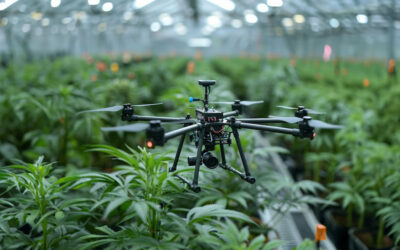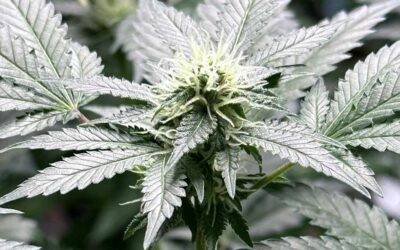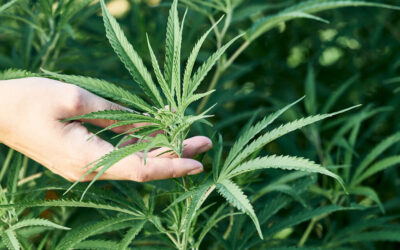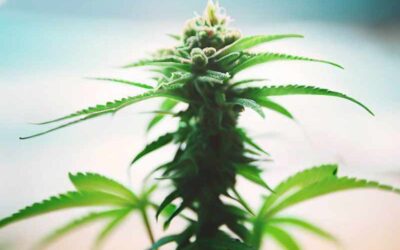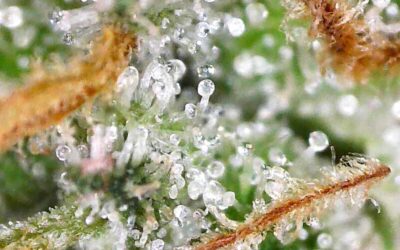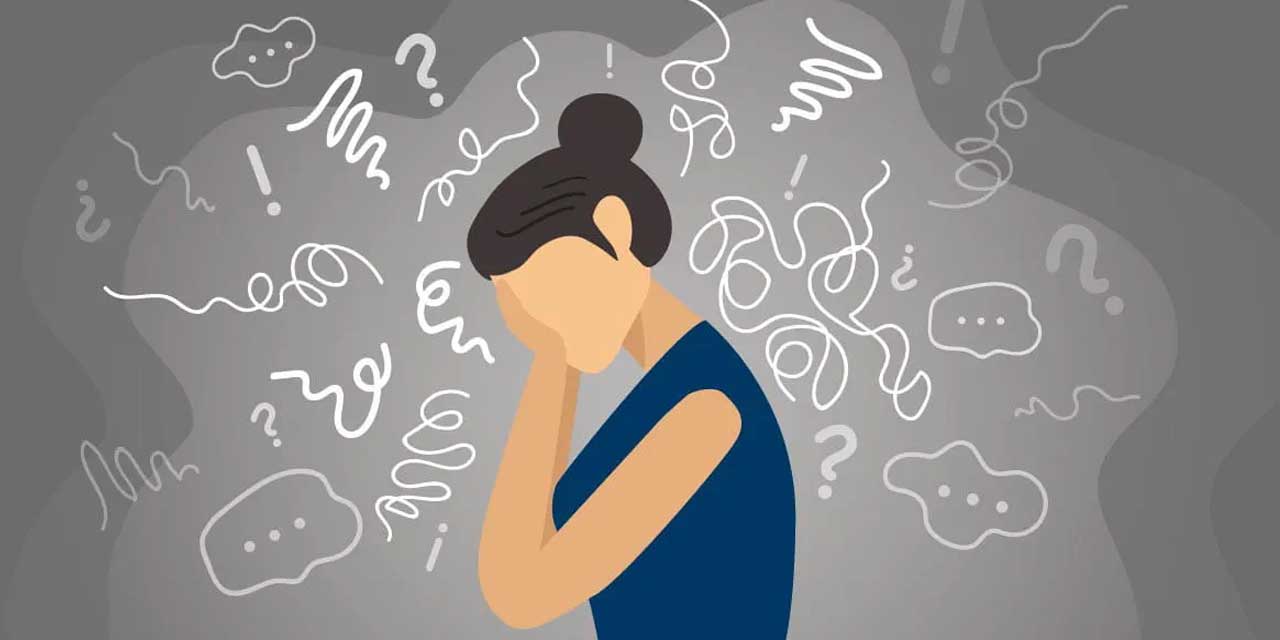
Cannabinoids and Anxiety
Understanding the Potential for Relief
Anxiety disorders are among the most common mental health issues worldwide, affecting millions of people every year. Traditional treatments, including therapy and medication, work well for many, but not for everyone. Recently, interest has grown around the use of cannabinoids—chemical compounds found in cannabis—as a potential treatment for anxiety. This blog post explores the relationship between cannabinoids and anxiety, the science behind how they work, and what the research says about their effectiveness.
Understanding Anxiety Disorders
Anxiety is a natural stress response, but when it becomes chronic, it can lead to debilitating conditions like generalised anxiety disorder (GAD), social anxiety disorder (SAD), panic disorder, and post-traumatic stress disorder (PTSD). Symptoms can range from constant worry and restlessness to physical symptoms like a racing heart, sweating, and difficulty breathing. Traditional treatments often involve a combination of psychotherapy and medications such as selective serotonin reuptake inhibitors (SSRIs) or benzodiazepines. However, these treatments can have side effects, and not everyone responds well to them, which has led to the exploration of alternative therapies like cannabinoids.
What Are Cannabinoids?
Cannabinoids are a group of active compounds found in the cannabis plant. The two most well-known cannabinoids are tetrahydrocannabinol (THC) and cannabidiol (CBD), but the plant contains over 100 different cannabinoids, each with its unique effects on the body. THC is the psychoactive compound responsible for the “high” associated with cannabis use, while CBD is non-psychoactive and has been widely studied for its therapeutic potential, particularly in anxiety treatment.
The Science Behind Cannabinoids and Anxiety
Cannabinoids interact with the body’s endocannabinoid system (ECS), a complex network of receptors, enzymes, and endocannabinoids (cannabinoids produced naturally by the body). The ECS is crucial in regulating various physiological processes, including mood, stress response, and anxiety.
THC and Anxiety
THC binds to CB1 receptors, which are predominantly found in the brain. This interaction can produce a range of effects, from euphoria to relaxation. However, the relationship between THC and anxiety is complex. While low doses of THC may reduce anxiety, higher doses can exacerbate it, leading to paranoia and increased anxiety. This biphasic effect means that THC’s impact on anxiety can vary significantly depending on the dose, the individual’s tolerance, and the context in which it is used.
CBD and Anxiety
CBD is gaining attention for its potential anti-anxiety properties. Unlike THC, CBD does not directly bind to CB1 or CB2 receptors. Instead, it influences the ECS indirectly by modulating the activity of various receptors and neurotransmitters, including serotonin receptors. Serotonin is a neurotransmitter that plays a key role in mood regulation and anxiety. By enhancing serotonin signalling, CBD may help reduce anxiety. Additionally, CBD has been shown to counteract the anxiety-inducing effects of THC, making it a potential treatment for individuals who are sensitive to THC.
Considerations and Cautions
While the potential of cannabinoids in treating anxiety is promising, there are several important considerations:
Legal Status: The legal status of cannabis and cannabinoids varies widely around the world. In some places, medical cannabis is legal, and in others, only CBD is permitted. Before considering cannabinoids for anxiety treatment, it’s essential to understand the laws in your region.
Dosage and Quality: The effects of cannabinoids can vary greatly depending on the dosage, the method of consumption (such as oils, edibles, or vaping), and the quality of the product. Consulting with a healthcare provider experienced in cannabinoid therapy can help determine the right approach.
Side Effects: While CBD is generally well-tolerated, THC can cause side effects such as dizziness, dry mouth, and altered cognition, especially at higher doses. Individuals with a history of mental health disorders should exercise caution when using THC.
Long-Term Effects: The long-term effects of regular cannabinoid use are not yet fully understood. While short-term studies show promise, more research is needed to determine the safety and efficacy of cannabinoids over extended periods.
Research on Cannabinoids and Anxiety
The growing interest in cannabinoids as a treatment for anxiety has led to a surge in research over the past few years. Here’s what some of the studies have found:
- CBD and Anxiety: A 2015 review published in Neurotherapeutics analysed preclinical and clinical studies on CBD’s effect on anxiety. The review concluded that CBD has considerable potential as a treatment for multiple anxiety disorders, including GAD, SAD, PTSD, and OCD. The authors noted that CBD appeared to reduce anxiety in both animal models and human trials, with minimal sedative effects and a favourable safety profile.
- THC and Anxiety: The relationship between THC and anxiety is less clear-cut. A study published in the Journal of Psychopharmacology in 2017 found that low doses of THC could reduce stress and anxiety in people undergoing a simulated public speaking test. However, higher doses increased anxiety, highlighting the importance of dose control when using THC for anxiety management.
- Combined Use of THC and CBD: Some studies suggest that the combination of THC and CBD may offer unique benefits for anxiety sufferers. CBD’s ability to mitigate the anxiety-inducing effects of THC could allow users to experience the therapeutic effects of both cannabinoids without the risk of exacerbating anxiety. This combination is often found in full-spectrum cannabis products, which contain a range of cannabinoids and terpenes that work together synergistically—a phenomenon known as the “entourage effect.”
Research on Cannabinoids and Anxiety
The growing interest in cannabinoids as a treatment for anxiety has led to a surge in research over the past few years. Here’s what some of the studies have found:
- CBD and Anxiety: A 2015 review published in Neurotherapeutics analysed preclinical and clinical studies on CBD’s effect on anxiety. The review concluded that CBD has considerable potential as a treatment for multiple anxiety disorders, including GAD, SAD, PTSD, and OCD. The authors noted that CBD appeared to reduce anxiety in both animal models and human trials, with minimal sedative effects and a favourable safety profile.
- THC and Anxiety: The relationship between THC and anxiety is less clear-cut. A study published in the Journal of Psychopharmacology in 2017 found that low doses of THC could reduce stress and anxiety in people undergoing a simulated public speaking test. However, higher doses increased anxiety, highlighting the importance of dose control when using THC for anxiety management.
- Combined Use of THC and CBD: Some studies suggest that the combination of THC and CBD may offer unique benefits for anxiety sufferers. CBD’s ability to mitigate the anxiety-inducing effects of THC could allow users to experience the therapeutic effects of both cannabinoids without the risk of exacerbating anxiety. This combination is often found in full-spectrum cannabis products, which contain a range of cannabinoids and terpenes that work together synergistically—a phenomenon known as the “entourage effect.”
Cannabinoids, particularly CBD, offer a promising avenue for treating anxiety, with research suggesting they can reduce symptoms effectively in many cases. However, the relationship between cannabinoids and anxiety is complex, and individual responses can vary widely. As research continues to evolve, cannabinoids may become an increasingly important tool in managing anxiety disorders, offering hope to those who have not found relief through traditional treatments.
Before starting any cannabinoid therapy, it’s crucial to consult with a healthcare professional to ensure it’s a safe and appropriate option based on your specific health needs and circumstances. With the right approach, cannabinoids could be a valuable part of a broader strategy to manage anxiety and improve overall well-being.













